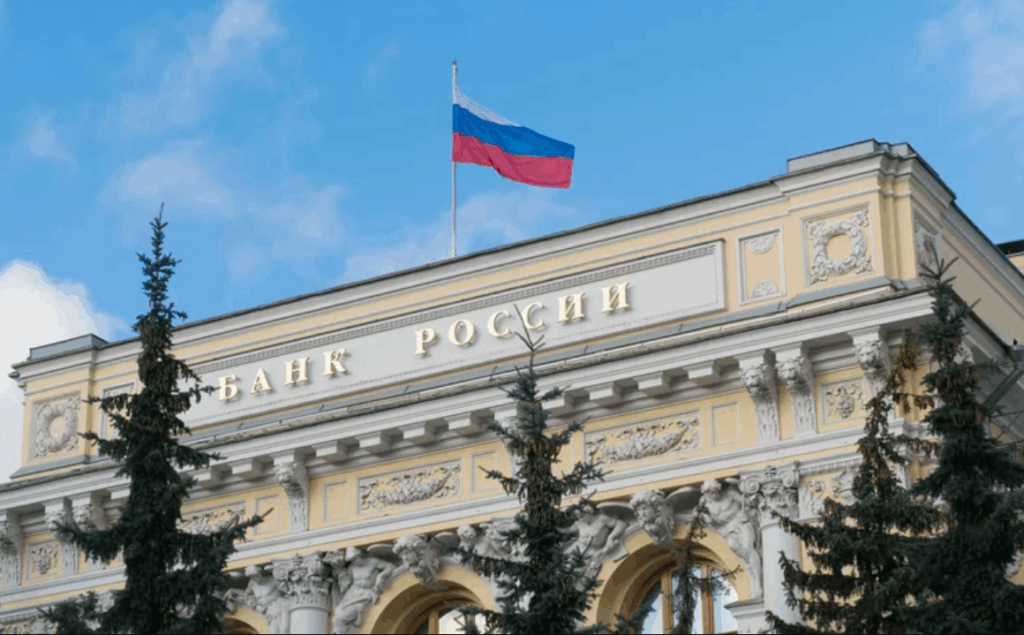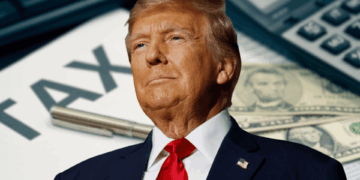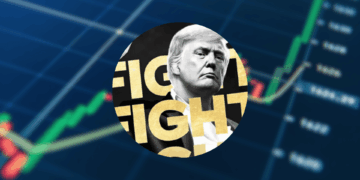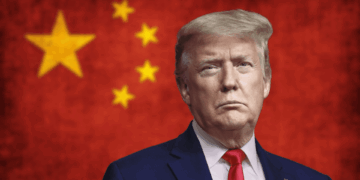- Russia plans to launch a crypto exchange for wealthy investors under a special legal framework, not for general public use.
- Only individuals with high incomes or large investment portfolios will qualify for access to crypto trading within this new system.
- Despite the move, crypto remains banned as a means of payment in Russia outside the experimental regime.
Russia’s Finance Ministry is teaming up with the Central Bank to roll out a crypto exchange—but don’t expect to hop on just yet unless you’ve got deep pockets. Finance Minister Anton Siluanov announced the plan at a recent board meeting, saying it’ll be geared specifically toward “highly qualified investors.”
“We’re launching this together with the Central Bank,” he said. “It’ll help bring crypto out of the shadows and give it legal standing—but this won’t be something open to the general public. It’ll operate under a special legal sandbox.”
That “sandbox,” officially known as the experimental legal regime (ELR), came into effect last September, allowing certain participants in foreign trade to settle deals using crypto. Now, the next phase of the pilot aims to let elite investors jump in—those with over 100 million rubles in investments or an annual income north of 50 million.
But definitions around who exactly qualifies for this privileged access are still murky. “We’re still sorting that out,” said Osman Kabaloev, deputy director at the ministry’s Financial Policy Department, during a recent blockchain event. He added that lawmakers are eager to weigh in, so expect plenty of back-and-forth ahead.
The Central Bank, meanwhile, submitted a proposal that goes a bit further. It wants these qualified investors to be able to invest in securities and crypto-linked instruments—just not in actual crypto unless it’s within the ELR. Basically, crypto can be part of your portfolio, but don’t try to use it to pay for your morning coffee. Any crypto settlements between Russian residents outside the sandbox would still be banned, with penalties on the table for violations.
Deputy Finance Minister Ivan Chebeskov also chimed in last month, hinting that existing exchange platforms might be used for this crypto experiment. There’s also talk of opening the door to new players—though they’d need to go through a strict licensing process. Chebeskov added that things are still a ways off. “It’ll be at least six months before anything kicks off,” he said.
For now, Russians can legally buy and hold crypto, but using it for payments inside the country remains off-limits. With no homegrown crypto exchange yet in place, most people are still turning to overseas platforms to buy digital assets.

So, bottom line: Russia is inching toward a legal crypto market—but only for the ultra-wealthy and only within a controlled framework. The rest of us? We’ll just have to keep watching from the sidelines.

















